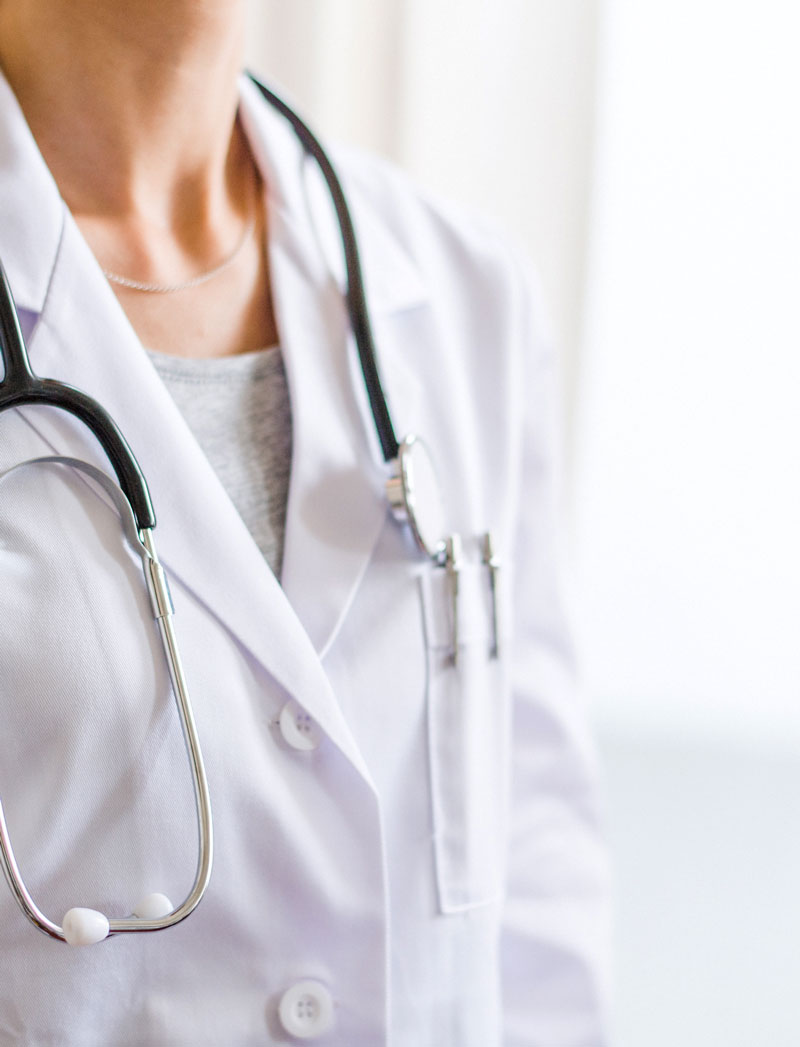The
Oral Micro-
biome
What is the Oral Microbiome
Your Mouth (just like your gut) houses bacteria. There are billions of Microbiota in your mouth, living on your teeth, gums, tongue, cheeks, and everywhere in the mouth. Under normal conditions, these microbes live in commensalism with you. (i.e in harmonious symbiosis with you). Even potentially harmful bacteria are important for your health. At low levels, these bacteria train your immune system and occupy niches to prevent more harmful pathogenic bacteria. But conditions can change quickly in this bacterial environment by whatever you put in your mouth. When the conditions change and the balance between good and bad bugs shifts to the bad bugs taking over, it is called ORAL DYSBIOSIS.
The Bugs and Their Ecological Niches
Sometimes I like to think of your mouth and all the Microorganisms in it like a Coral Reef. A Coral Reef, just like your mouth is home to many species. The Coral is your teeth and all the fish and other animals are your microbiome. They all work together to protect each other from harm, and especially the Reef. There are many Coral Reefs around the Ocean. But they are all different, just like our mouths are different. Every part of your mouth houses bacteria and all bacteria live in biofilms. Biofilms are complex and diverse. Inside the biofilm is a village of bacteria, fungi, and other microbes. And as you can see from the pictures below, different parts of the mouth may house a larger species than others.
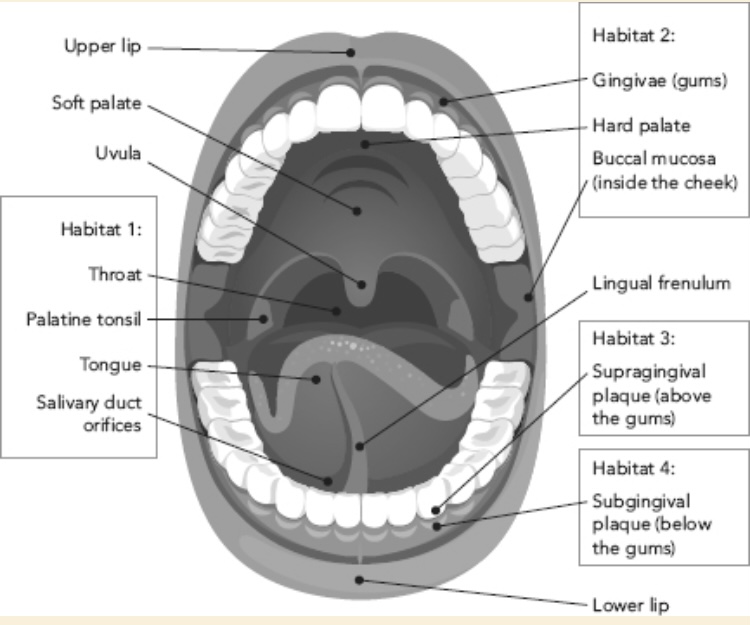
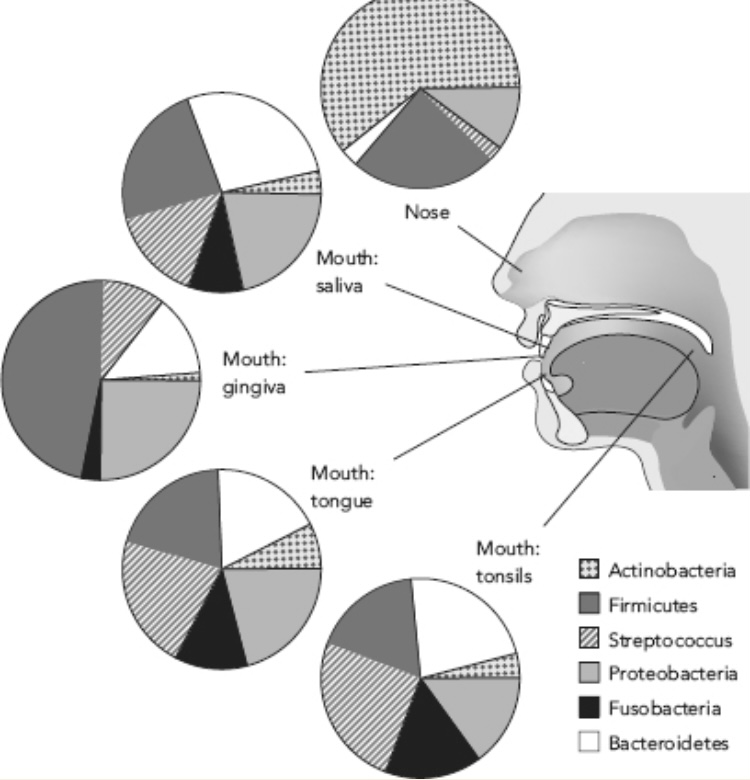
Bacteria and the Human Diet
A healthy Microbiome loves plant-based foods. So if you want to shift your oral microbiome to a HAPPY HEALTHY one, you want to shfit your diet to one rich in fiber and vegetables like in the “Your New Food Pyramid” on the Diet Page. Vegetable and Fiber are high in Prebiotics, which your good bacteria love to eat.
Not Your Typical Dentist’s Office
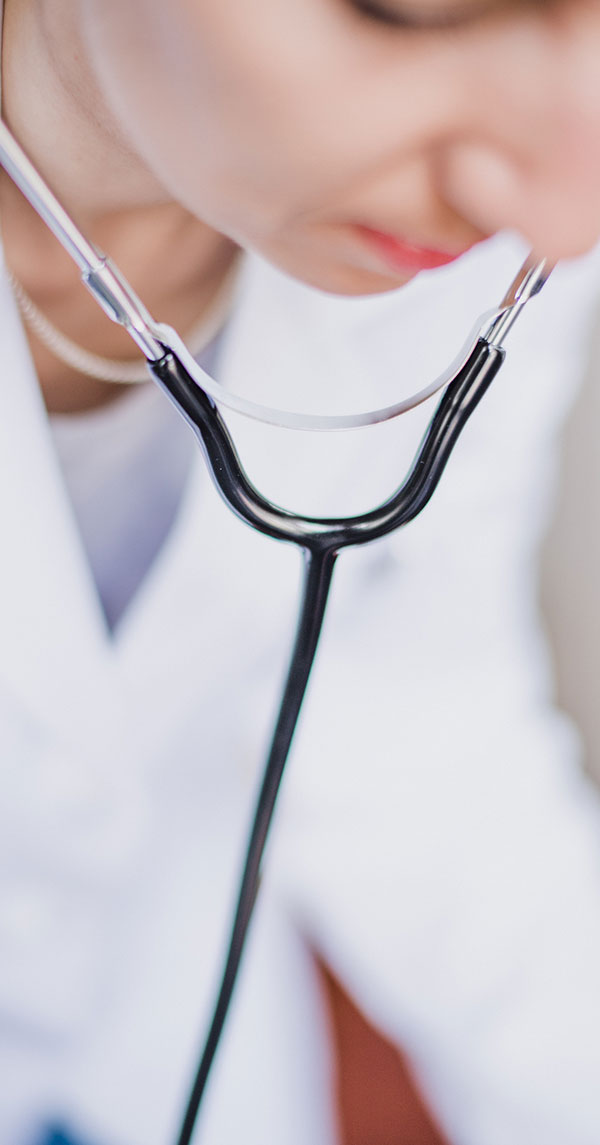
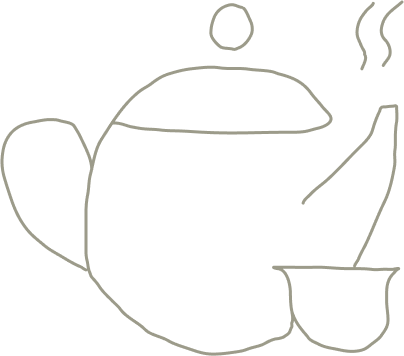

…
...
...
...
...
...
Disclaimer
This information on this website is only intended to be general summary information for public use. This information does not replace written law or regulations, nor does it replace professional medical advice, diagnosis, or treatment. If you have questions about a medical condition, always seek the advice of a doctor or other qualified health professional.
